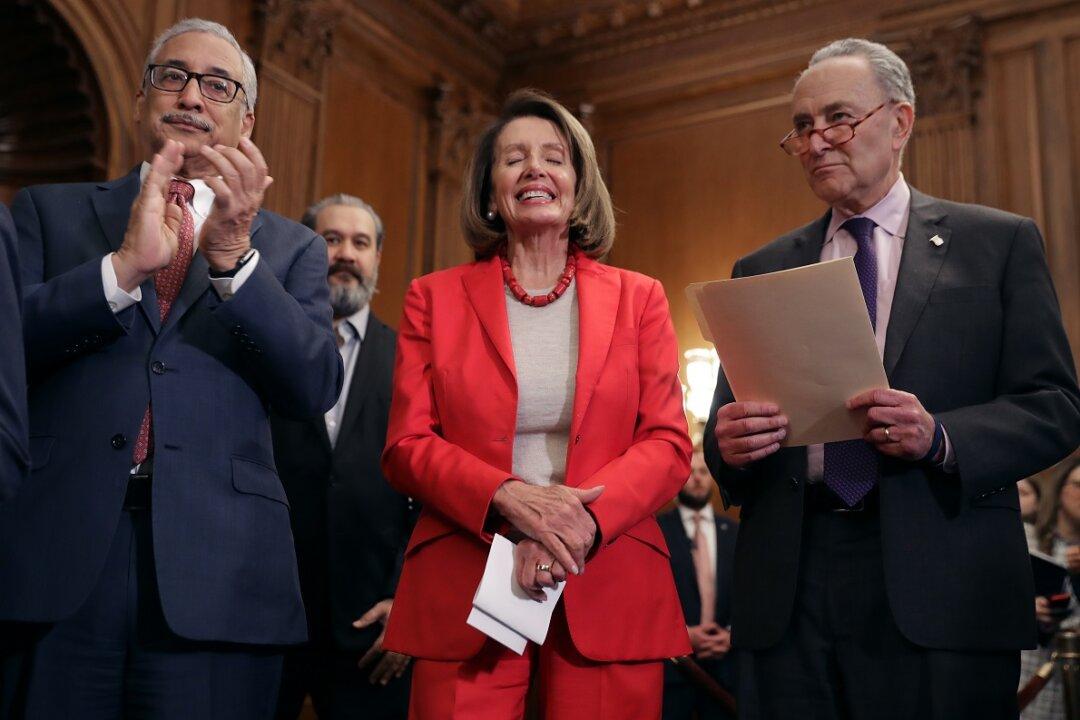WASHINGTON—Strategists for the Service Employees International Union (SEIU) smell victory in the House of Representatives in 2019 for their $15-an-hour “Living Wage” campaign, but just to be sure, they invested heavily last year in Democrats who are on a key committee.
The union contributed more than $335,000 during the 2018 campaign to 25 of the 27 Democrats on the House Committee on Education and the Workforce, according to an analysis of Federal Election Commission (FEC) data by Leonard Robinson III of the Capital Research Center (CRC).





